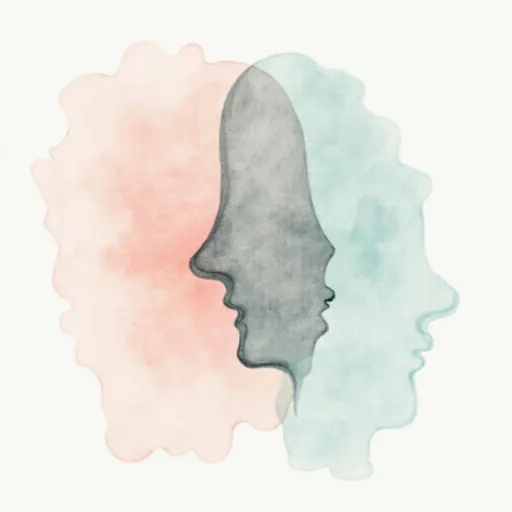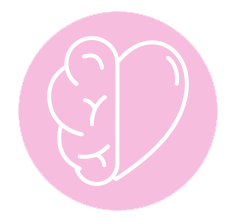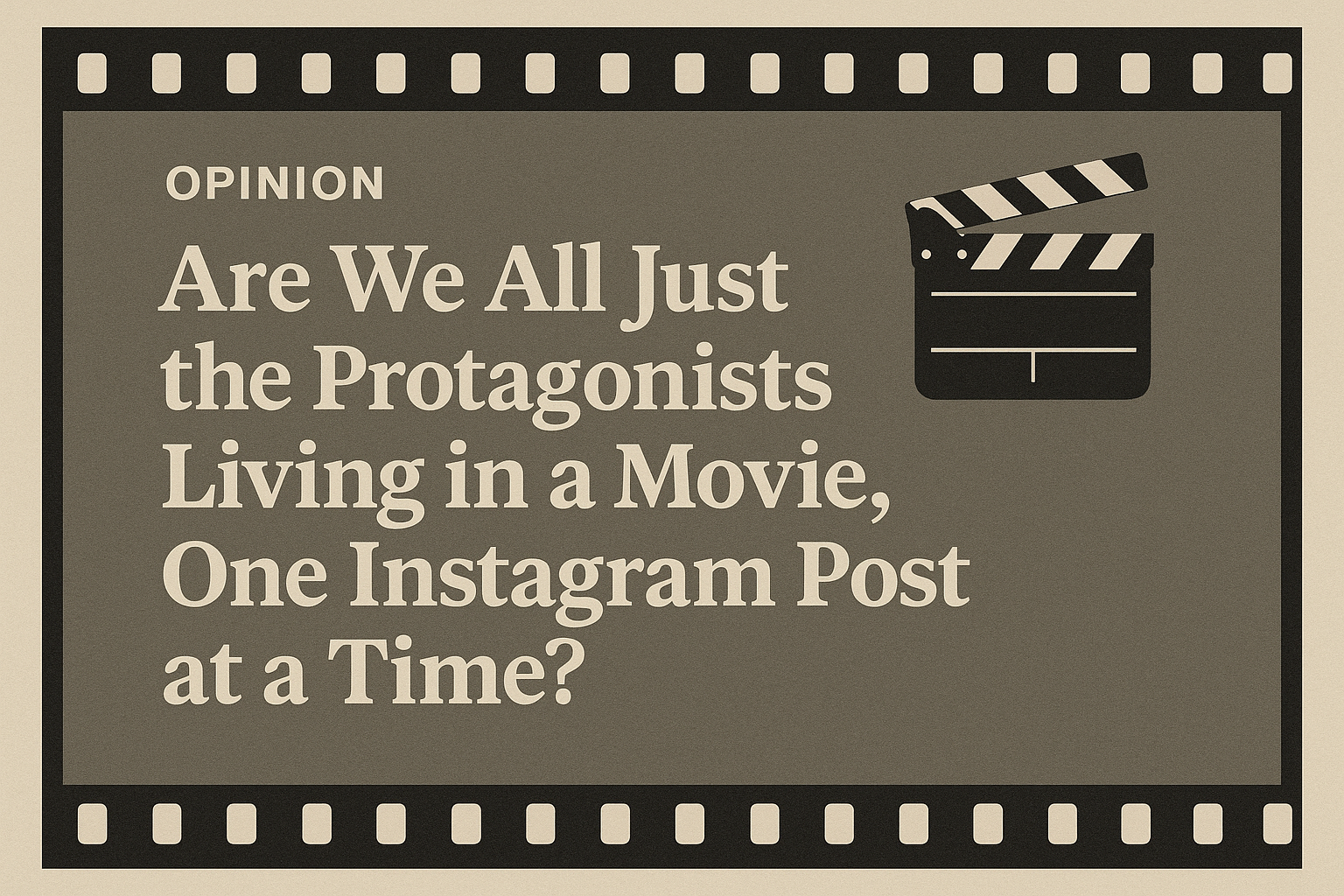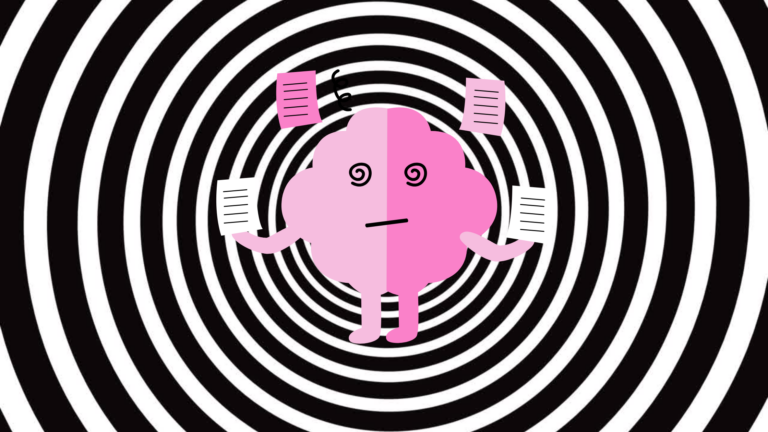
What Is Selective Morality? The Psychology Behind Convenient Ethics
You’ll march for justice on a Saturday and keep quiet at brunch on Sunday.
You can call out a stranger online for littering, but won’t say a word when your dad dumps plastic out the car window. We’ll shame a corrupt politician but keep quiet when a relative does the same thing. We’ll advocate for women’s safety online but stay silent when a cousin is accused of harassment.
The dissonance is deafening. We talk a big game about values but only until those values come home for dinner.
We don’t speak up when it’s our family because we’ve been taught not to. The cultural narrative is strong: “Family comes first.” “Don’t be a snitch.” “Protect your own.”
Even if it goes against everything we believe in.
This isn’t about hypocrisy. This isn’t about judging you. It’s about understanding why we do this and how our minds work. And why being morally consistent is much, much harder when love, guilt, tradition, and identity are in the mix.
Moral at a Distance
Public outrage feels powerful. It’s clean. It gives you a sense of identity, of being one of the good ones.
But morality at a distance is safe morality. It doesn’t require sacrifice nor does it demand confrontation. It lets you keep your hands clean.
Same action. Different context. Entirely different reaction.
Somehow it’s surprisingly easy to call out people we don’t know. You can comment, block, rage-cry in a tweet thread and sleep peacefully. But when it’s your best friend who cheated on their partner, or your uncle who said something offensive at a family gathering, suddenly it’s “not my place.” This common justification highlights how selective morality operates in personal relationships.
Psychologist Albert Bandura coined the term moral disengagement to describe how people rationalize behavior that contradicts their personal ethics. We tell ourselves it’s “different” when it’s someone we love. That they’re not a bad person. That they’re “just going through a phase.” We convince ourselves that silence is protection.
This silence comes at a cost.
It perpetuates harmful behavior. It breeds resentment in those who do want to speak up and teaches younger generations that ethics are flexible depending on who’s involved.
And this creates massive inner conflict. We hate that we’re not standing up for what we believe in. But we don’t want to hurt people we love. And so, we stay stuck.
When Blood Dilutes Ethics: Selective Morality Within Families
A man steals from an old woman. It’s on the news. We’re furious. We repost, we write angry captions, we say “justice must be served.” We shame not just the thief, but his family, his friends, anyone remotely related.
But now imagine it’s your sister.
She didn’t rob anyone, but she did take something intangible. Maybe she manipulated a coworker. Gaslit a friend. Pulled strings at work. It’s still harm. And the moment someone brings it up, your defense kicks in.
“She’s family.” “
“We don’t talk about this.”
“She’s not perfect, but who is?”
You go from being a critic to their crisis manager like a PR agent for the behavior you once condemned.
This is where cognitive dissonance hits the hardest. When your actions and beliefs don’t line up, your brain scrambles to resolve the tension caused by this selective morality, and often, the easiest way to ease the tension is to rewrite the narrative. Downplay the wrongdoing. Focus on the “good parts” of the person.
You can call this in-group bias – our tendency to protect our own- the closer they are to us, the harder it becomes to see them objectively. And now, you’ve got a family WhatsApp group full of silence and saved face.
But why does this happen?
Because accountability is easier when there’s no emotional collateral.
Selective Outrage: Who Gets Held Accountable?
We hold public figures to higher moral standards than we hold our families. And ourselves.
You’ll cancel a celebrity for a problematic tweet from 2008, but excuse your cousin’s slurs at the dinner table because “that’s just how he talks.” You’ll call your coworker out for body-shaming, but stay silent when your aunt comments on your niece’s weight in front of everyone.
And again, it’s not because you’re a bad person. It’s because confronting the people we love risks more than just being uncomfortable. It risks closeness. And for many of us, especially in collectivist cultures, family harmony > personal values.
Every.
Single.
Time.
The Unspoken Rulebook: Family First, Morals Later
Somewhere along the way, we were taught not to “air dirty laundry.” That family matters more than truth. That blood comes before boundaries. Even when it means protecting someone who needs to be corrected.
This is how the silence starts. This is how people keep getting away with things they shouldn’t.
Because we are taught: You don’t call out your own. You cover for your own.
But if you only hold strangers accountable…
Are we really ethical, or do we just like looking ethical?
This is the uncomfortable question. Because the truth is, being ethical is easy when it costs you nothing.
The real test comes when it does- when speaking up means tension at home, when holding someone accountable means social exile. And when justice gets personal.
Ethics is not about being perfect. It’s about being honest- with ourselves and with the world. Because at the end of the day, the hardest battles are not the ones we fight in the streets but the ones we fight inside our own homes.
The Psychology Behind Selective Morality
Let’s get nerdy for a second.
Neurologically, we process moral decisions involving close relationships differently. Studies using fMRI scans show that when we think about family, the brain’s reward centers light up. We’re biologically wired to protect our kin, even when they’re in the wrong.
When we see a wrong committed by someone we don’t know, we evaluate it using the cold cognition part of our brain. Logic, facts, right vs. wrong. But when the same thing is done by someone we love, it activates hot cognition and which is the emotion-driven decision-making.
Research on moral licensing also show that when people feel morally validated in one area (“I stood up for this one issue!”), they tend to give themselves a pass in other areas (“So I can let this one slide.”), a cognitive loophole enabling selective morality. You stood up for the environment at work so you let your dad’s plastic dumping slide.
It all adds up.
Combine that with years of social conditioning (be loyal to your tribe, respect elders no matter what), and you’ve got a recipe for moral silence.
Does Empathy Justify Selective Morality?
Compassion is important. Nuance is necessary. But we can’t keep confusing empathy with avoidance.
Yes, your friend might be struggling. But that doesn’t mean they get a free pass to be awful.
Yes, your uncle might be from a different generation. But that doesn’t mean we enable prejudice in the name of respect.
And no, confronting someone doesn’t mean cutting them off. Sometimes, love can look like difficult conversations.
Now That We Know, What’s Next?
There’s no easy answer. This blog won’t end with a 3-step plan to fix your family’s moral inconsistencies. (You’d ignore it anyway. We all would.)
But maybe the next time someone you care about messes up, you won’t rush to sweep it under the rug. Maybe you’ll sit with the discomfort and ask yourself, “If I didn’t know this person, how would I react? And what does it say about me if I only act when it’s easy?”
Morality isn’t convenient. That’s what makes it moral.
The real test of our values isn’t what we scream in public. It’s not the silence in courtrooms or protests. It’s what we whisper at the dinner table- where truth gets served cold, or not at all.







